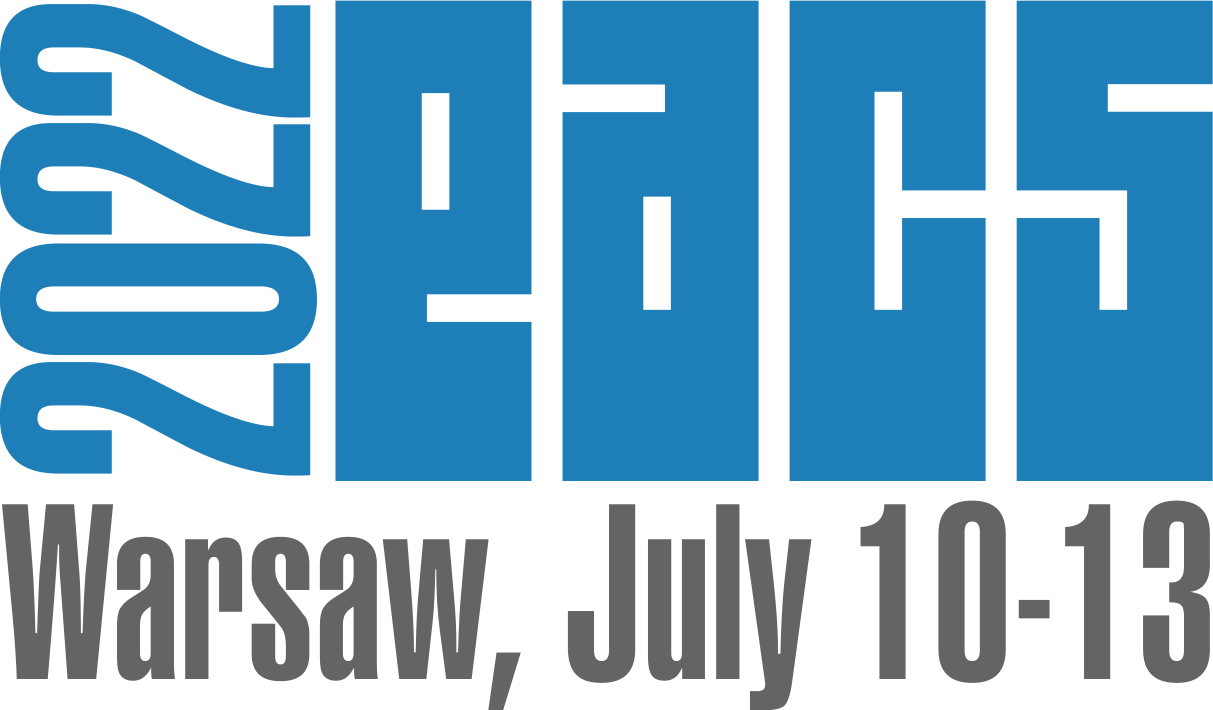Multidomain Synthesis of Vibration Suppression Systems
Abstract: In this talk, the recent progresses will be introduced on the multidomain synthesis methodology of vibration suppression systems. Traditional vibration-absorber design approaches rely on introducing specific modifications to existing designs – this leaves huge performance possibilities unexplored. The developed synthesis-based methodology enables optimum designs to be constructed considering components from the mechanical, hydraulic, pneumatic, and electrical domains. The significant performance advantages will then be demonstrated via multiple application examples, for both vibration suppression and passive-active-combined motion control purposes.
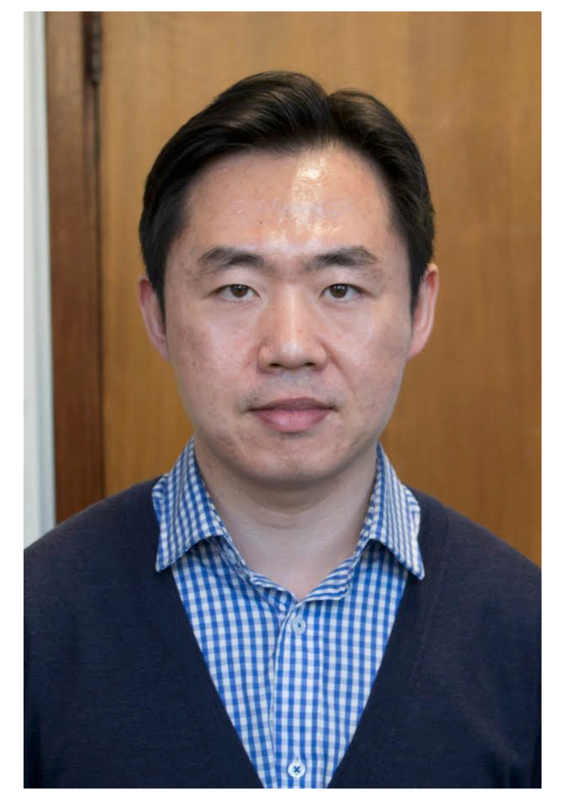 Professor Jason Zheng Jiang
Professor Jason Zheng Jiang
Bristol, UK
Bio: Professor Jason Zheng Jiang received the B.Sc. and M.Sc. degrees in electrical and electronic engineering from Shanghai Jiao Tong University. He was awarded a PhD degree from the University of Cambridge in 2010. Dr Jiang joined University of Bristol in 2013 as a Lecturer. He was promoted to Senior Lecturer in 2018, then Associate Professor and Professor in 2021. He holds an EPSRC Research Fellowship and serves as the Academic Lead of the Vibration Suppression Research Unit, Dynamics and Control Research Group. He won as PI £2.7M research funding to date from Research Councils and Industry. Dr Jiang's research focuses on vibration suppression, network synthesis theory, passive-active-combined motion control. He has long-standing research collaborations with industrial stakeholders from Automotive, Wind Energy, Rail, and Civil sectors.
Mitigation of vibrations with tuned mass damper with inerter
Abstract: he idea of tuned mass dampers (TMD) has been developed since the beginning of the 20th century. The TMD is a device designed to reduce undesired oscillations of mechanical or structural systems. Frahm proposed the first solution in 1909. The simple device consisted of a mass and a spring. Its natural frequency was tuned to match the damped body's natural frequency. However, it was poorly efficient outside the narrow resonance zone. Den Hartog made the improvement by adding a dash-pot between the TMD and damped structure, which caused a significant increase in the TMD efficiency range. Alternative idea concerns interchanging the linear spring of TMD with the nonlinear one or with purely nonlinear characteristics. The other attempts include the application of multiple TMD instead of one. Recently, a novel concept of varying the tuned mass damper natural frequency has been applied using TMD with variable inertia. The variability of inertia is achieved by adding the inerter with the continuously variable transmission (CVT).
In this plenary presentation, we show the properties of the tuned mass damper with variable inertance (TMDVI) and compare its efficiency to existing TMDs. We proposed two possible variants of the TMDVI system. The first one is equipped with the belt-driven CVT, and the second one is with a variator. Mathematical models of both devices have been developed based on experimental data. Then, we derive the model of the main system with the TMDVI. We validate the new idea of the TMDVI with numerical simulations and experimental measurements. The proposed device is robust and works efficiently.
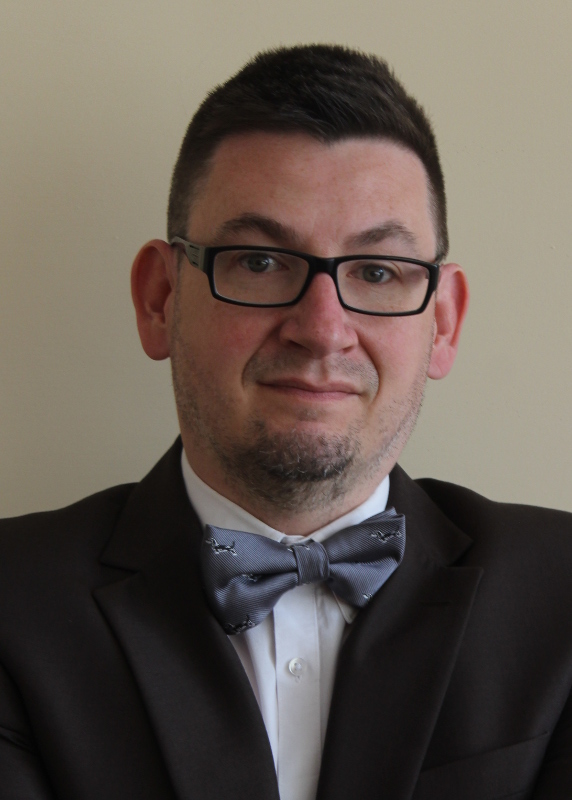 Professor Przemysław Perlikowski
Professor Przemysław Perlikowski
Lodz University of Technology, Poland
Bio: Prof. Przemysław Perlikowski has completed his Ph.D. in nonlinear dynamics from Lodz University of Technology in Poland. In 2019 he got a title of professor of technical sciences. His current research topics include hybrid modelling of church bells, mitigations of vibrations using tuned mass dampers and dynamics of nonlinear networks. In 2016 Professor Perlikowski was elected to the Polish Young Academy of the Polish Academy of Science and became the member of the Committee of Mechanics of the Polish Academy of Science. He is coauthor of more than 70 articles in journals from JCR list.
Structural Health Monitoring of Freight Railroad Bridges in North America
Abstract: Railroads are one of the most critical components of the U.S. transportation system, accommodating transportation for 48% of the nation’s total modal tonnage. Despite such vital importance, more than half of railroad bridges, an essential component of railroad infrastructure in maintaining the flow of the network, were built before 1920; as a result, bridges comprise one of the most fragile components of the railroad system. Current structural inspection practices do not ensure sufficient information for both short- and long-term condition assessment while keeping the operational costs sufficiently low for mandatory annual inspection. In this talk, we present the development of an autonomous, affordable system for monitoring railroad bridges using the wireless smart sensors. A complete end-to-end wireless monitoring solution can provide relevant information directly from the bridges to the end-users at a fraction of the cost of traditional monitoring solutions. The system’s main contribution is to capture the train-crossing events efficiently and eliminate the need for a human-in-the-loop for remote data retrieval and post-processing. In the proposed system, an adaptive strategy combining an event-based and schedule-based framework is implemented. The wireless system addresses the challenges of continuous condition monitoring by completing the wireless data pipeline from smart sensors with edge computing capabilities to a scalable, cloud-based data management and visualization solution. To demonstrate the efficacy of this system, we present the results of a full-scale monitoring campaign on railroad bridges. By overcoming the challenges of monitoring railroad bridges wirelessly and autonomously, this system is expected to become an essential tool for bridge engineers and decision-makers.
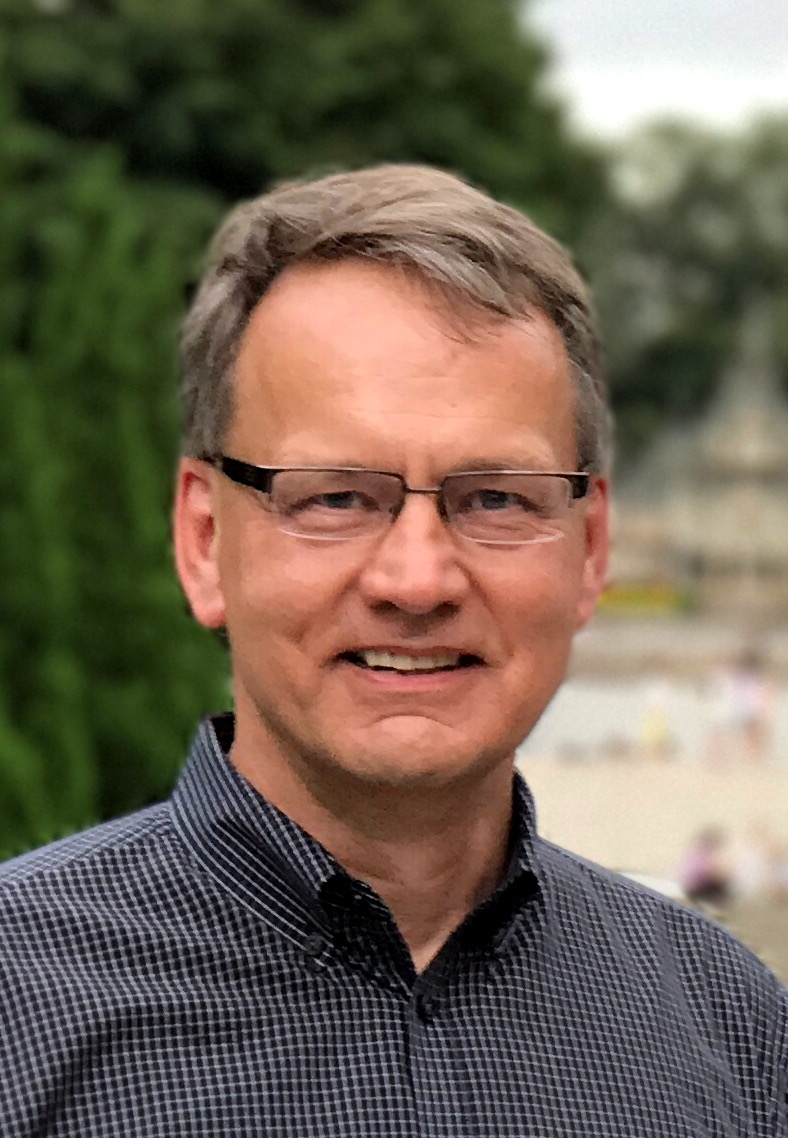 Professor Billie F. Spencer Jr.
Professor Billie F. Spencer Jr.
University of Illinois at Urbana-Champaign
Bio: B.F. Spencer, Jr. received his Ph.D. in theoretical and applied mechanics from the University of Illinois at Urbana-Champaign in 1985. He worked on the faculty at the University of Notre Dame for 17 years before returning to the University of Illinois at Urbana-Champaign, where he currently holds the Nathan M. and Anne M. Newmark Endowed Chair in Civil Engineering and is the Director of the Newmark Structural Engineering Laboratory. His research has been primarily in the areas of structural health monitoring, structural control, cyberinfrastructure applications, stochastic fatigue, stochastic computational mechanics, and natural hazard mitigation. Dr. Spencer has directed more than $60M in funded research and published more than 700 technical papers/reports, including two books. He was the first to study and design magnetorheological (MR) fluid dampers for protection of structures against earthquakes and strong winds, overcoming the inherent limitations of existing passive energy dissipation systems, as well as power-dependent active control systems, which are in common use today. He led NSF's George E. Brown Network for Earthquake Engineering Simulation (NEES) system integration project, which constituted the nation's first engineering cyberinfrastructure initiative. His research on structural health monitoring systems and smart wireless sensors integrates advanced computing tools with smart sensors, to provide a functional platform with self-interrogation capabilities. Dr. Spencer has received numerous awards, including the ASCE Outstanding Instructor Award, the ASCE Norman Medal, the ASCE Housner Structural Control and Monitoring Medal, the ASCE Newmark Medal, the Zhu Kezhen International Lectureship Award, the ANCRiSST Outstanding Senior Investigator Award, the Structural Health Monitoring Person of the Year Award, the J.M. Ko Medal of Advances in Structural Engineering, IASCM Takuji Kobori Prize, and the Raymond & Sidney Epstein Structural Engineering Faculty Award. Dr. Spencer is a Fellow of ASCE, a Foreign Member of the Polish Academy of Sciences, the North American Editor in Chief of Smart Structures and Systems, the Executive Managing Editor of the journal of Earthquake Engineering and Engineering Vibration, and the past president of the Asia-Pacific Network of Centers for Research in Smart Structures Technology.
Hybrid and data-based control of high-tech mechatronic system
Abstract: The motion dynamics of high-tech, mechatronic systems, such as for example electron microscope, semiconductor equipment or industrial printers, can generally be accurately described by linear dynamical models. Given this observation, state-of-practice motion controllers for such systems are also linear in nature. Nevertheless, fundamental limitations for linear control systems, e.g., due to the Bode sensitivity integral, limit the achievable positioning performance.
In this lecture, hybrid control strategies will be presented that yield superior positioning performance over linear controllers. In particular, variable-gain controllers will be discussed that strike a superior balance between low-frequency reference tracking and high-frequency measurement noise sensitivity. As a next step, we propose to use data-based performance optimization by extremum seeking control to optimally tune such hybrid controllers in the presence of uncertainties in the system dynamics. Finally, hybrid (reset) controllers are designed for motion system subject to friction to ensure superior positioning performance in point-to-point motions. The effectiveness of these hybrid controller design methodologies will be demonstrated through experimental and industrial case studies for electron microscopy and semi-conductor equipment.
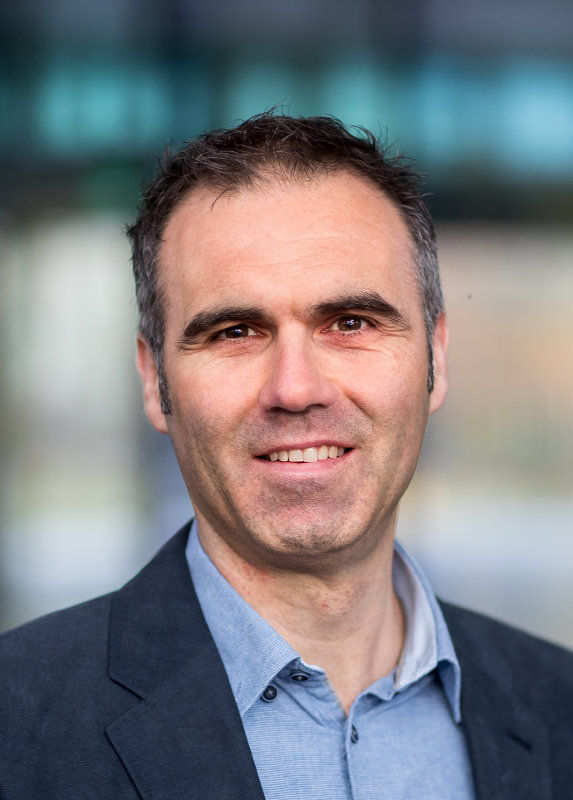 Professor Nathan van de Wouw
Professor Nathan van de Wouw
Eindhoven University of Technology, The Netherlands
University of Minnesota, USA
Bio: Nathan van de Wouw (born, 1970) obtained his M.Sc.-degree (with honours) and Ph.D.-degree in Mechanical Engineering from the Eindhoven University of Technology, Eindhoven, the Netherlands, in 1994 and 1999, respectively. He currently holds a full professor position at the Mechanical Engineering Department of the Eindhoven University of Technology, the Netherlands. Nathan van de Wouw also holds an adjunct full professor position at the University of Minnesota, U.S.A. In 2000, Nathan van de Wouw has been working at Philips Applied Technologies, Eindhoven, The Netherlands, and, in 2001, he has been working at the Netherlands Organisation for Applied Scientific Research (TNO), Delft, The Netherlands. He has held positions as a visiting professor at the University of California Santa Barbara, U.S.A., in 2006/2007, at the University of Melbourne, Australia, in 2009/2010. He has held a (part-time) full professor position the Delft University of Technology, the Netherlands, from 2015-2019. He currently is an Associate Editor for the journals and "IEEE Transactions on Control Systems Technology" and "IEEE Transactions on Automatic Control". In 2015, he received the IEEE Control Systems Technology Award "For the development and application of variable-gain control techniques for high-performance motion systems". His current research interests are the modelling, model reduction, dynamic analysis and control of complex systems, with applications to autonomous and cooperative driving, high-tech systems, resource exploration, and respiratory devices.

